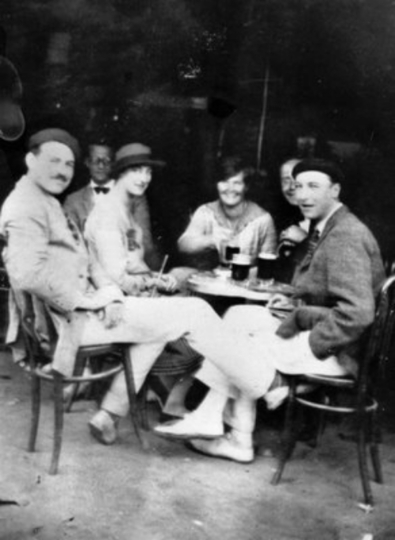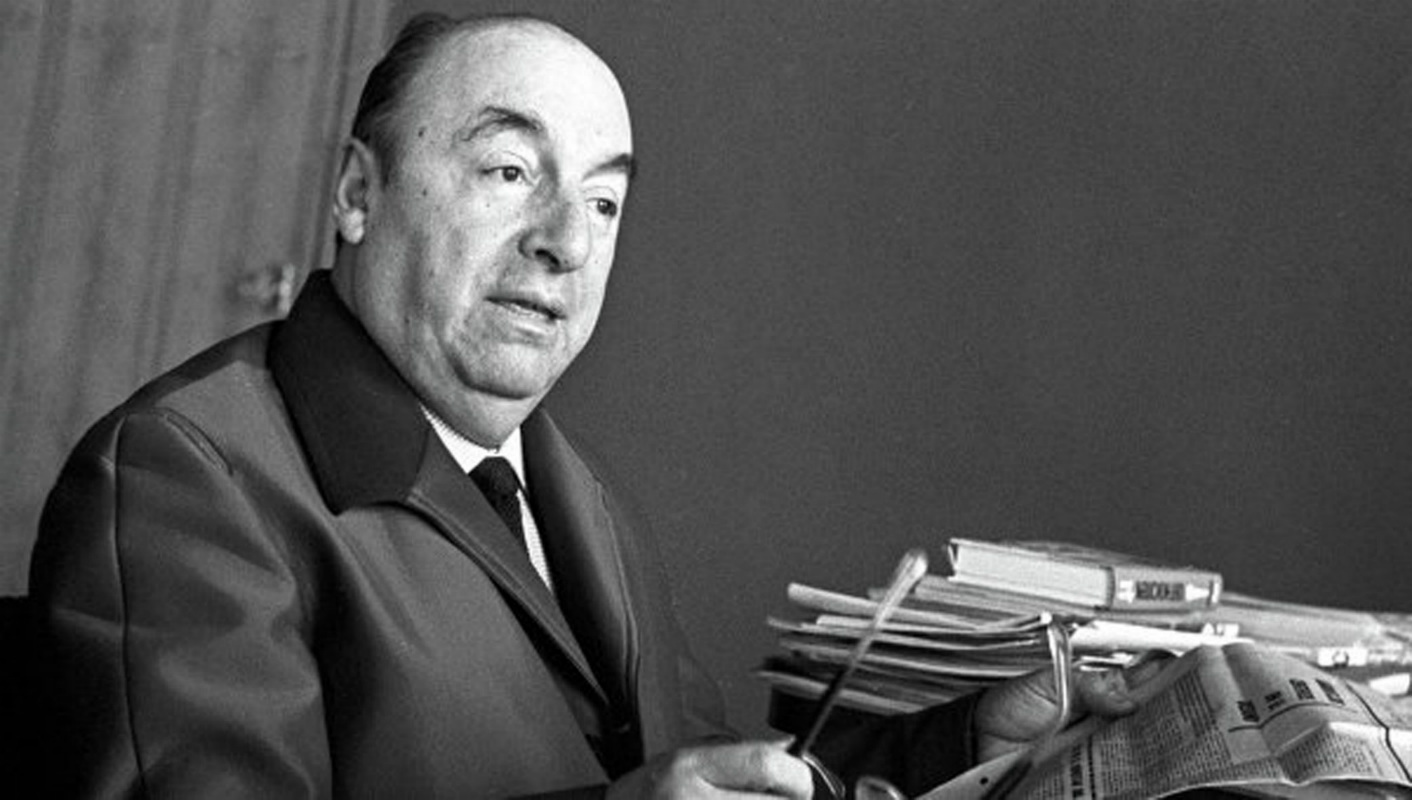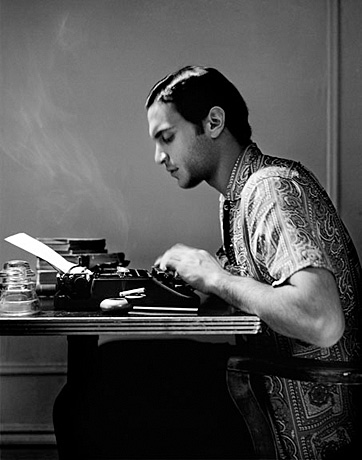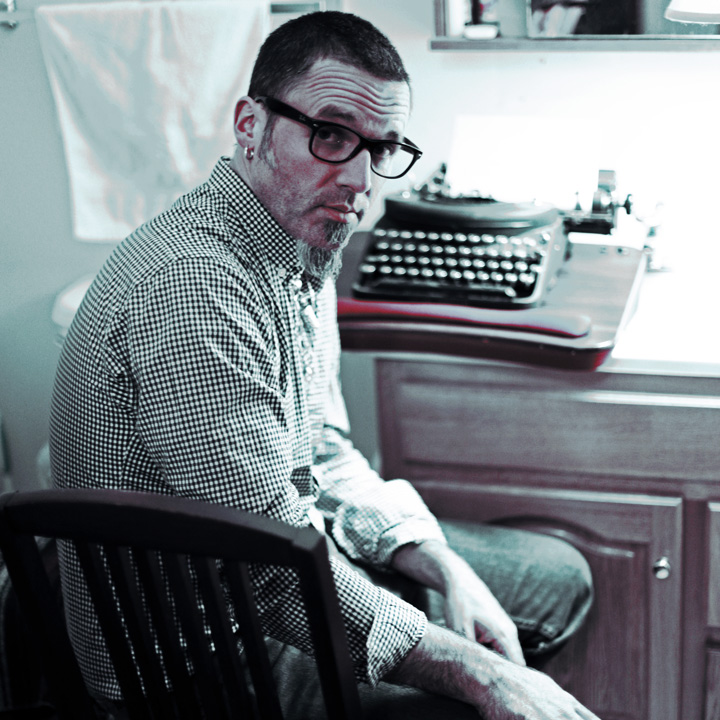
It is not much of a risk to say that wine is our true liquid of ritual. Births, deaths, anniversaries, victories, defeats, graduations, coronations, christenings — wine is there for them all, binding together the assembled participants in a shared act of aesthetic connection. No wonder then that wine should figure so prominently in so many of our great works of literature. Just as our lives are full of these peak moments, so too are the books that share our stories. Yet just as wine has given so much to our literature, so too has our literature given back to wine.
Understanding the intangible necessitates a bit of poetry, for how can one truly describe the color of love, the smell of air, or the feel of mist? The same might be said for wine, for either wine is merely the fermented juice of grapes, or it isn’t. And if it isn’t, then what is it? This is where literature steps in.
To fully describe all that wine is and can be requires a sort of cubist poetics. You must somehow represent an omni-dimensional reality in two-dimensional space. You must leap in the way Robert Bly meant it, taking a sort of conscious-to-unconscious-and-back-again associative psychic journey. And once you’ve made that leap, there are literally no boundaries as regards the symbols and stories one can call on to add metaphorical fodder to the fire of your evocation. Accept this notion, and it won’t seem strange at all that an Irish drinking song, a war novel, an ancient Chinese poem, and a bit of Shakespeare, can all serve the same purpose; telling us a little more about wine, about ritual, about ourselves.
I mention those four examples above not by happenstance, but because they each feature on a list of eleven below. Eleven works of literature, each notable for the remarkable ways in which they both take from wine, and give to it. Some of these may be familiar works to you, others may be near prohibitively obscure. And with some, the relationship with and to wine may be obvious, in other cases, the connection may seem slender as web. But in all cases, I feel there is something there that offers an enhancement, something that adds a layer of meaning to our understanding of wine, and its importance to ritual. And by ritual, mind you, please know I am not necessarily thinking of the formal kind; a quick prayer, a simple blessing, a plea for luck, a knock on wood, all these count as well. What is important is the awareness, the being present, the bearing witness to life’s rich pageant.
In the end, we come to wine to be transported, just as we do to books. So I invite you to enjoy a journey along my own shelf, book-end to book-end along a path alternatively lit and darkened by tales rich with wit, pathos, love, loss, life, and of course, wine.
If I may, let all the above stand as my introduction to the first edition of a new series here at Grape Collective: Wine Ramblings. We’ll call this edition "The Bottle and The Pen,” and here we will travel up and down book shelves title by title, bottle by bottle, on a journey through the written works that give and take of wine in ways that enrich our own lives and stories in ways both literal and intangible. As noted above, I have compiled a list of eleven works that I feel are uniquely suited for an exploration of this nature, and I offer them below for your reference. In addition, I wish to select three from the list to further explore, which we will do over the coming weeks. But before disclosing those specific selections, our complete list:

A Drinking Song, by W.B. Yeats
The perfection of compression; so sweet, so beautiful, so pure. Only 6 lines, and each a victory in and of itself. For the opening couplet alone, this belongs in the Wine & Literature Hall of Fame. “Wine comes in at the mouth/And love comes in at the eye”
Right: Hemingway, with friends, in Paris.
A Moveable Feast, by Ernest Hemingway
The note-perfect evocations of expat Parisian café life have become the stuff of both legend and cliché, yet still to this day, we seek exactly these experiences in our own bottles, with our own companions, in the dramas of our own lives.
Drinking Alone Beneath The Moon, by Li Po
1200 subsequent years of poetry have yet to give us a replacement for this poet, our true bard of drink. Legend has it Li Po passed on by falling drunkenly from a boat while trying to embrace the reflection of the moon in the river. We read “Drinking Alone Beneath The Moon,” and thus believe the legend.
I Bring An Unaccustomed Wine, by Emily Dickinson
Dickinson’s eccentric reconciliation of an unorthodoxly taut formalism, a semi-unhinged evangelicalism, a subterranean sensualism, and a yearning metaphysiciality could be the alpha and omega tasting note for that which is ultimately immortal in wine.
Macbeth (Act II, Scene 3) by William Shakespeare
“It provokes the desire, but it takes away the performance.” Possibly the greatest comment on intoxication ever committed by quill to parchment.

Above: An indomitable Neruda.
Ode to Wine, Pablo Neruda
Has wine ever been more sensual and sexual than this? “ …the line of your hip/becomes the brimming curve/of the wine goblet,/your breast is the grape cluster,/your nipples are the grapes,/the gleam of spirits lights your hair,/and your navel is a chaste seal/stamped on the vessel of your belly,/your love an inexhaustible/cascade of wine,…”
Snow for Wallace Stevens, by Terrance Hayes
Recently anointed a MacArthur fellow, Hayes earns his genius status in this extraordinary work. For a 22-line poem to justifiably contain both “blood in a wine barrel” and a “nigger cemetery” is simply incredible.
Stag’s Leap, by Sharon Olds
Rarely has wine stood in as metaphor for the collapse of love so powerfully, or in so quietly shattering a fashion. “Then the drawing on the label of our favorite red wine/looks like my husband, casting himself off a/cliff in his fervor to get free of me.”
The Black Wine, by Hal Bennett
That a work of such stark meaning, which draws upon such stark history to build such a stark tale, should take as its metaphoric title blackened juice of the vine is chilling in a way only genuine folklore can truly be.
 The Brotherhood of the Grape, by John Fante
The Brotherhood of the Grape, by John Fante
Almost a textbook on all that wine can mean. Family, country, history. Gender, age, identity. Conflict and resolution, destruction and resurrection. The base and the tangible, the rare and the inescapable. In so many ways just a small father-son tale of aging and generational angst. But in so many other ways, an unsung masterpiece.
Left: Fante.
The Soul of Wine, by Charles Baudelaire
In Neruda, perhaps, we find wine as loved and lover, while in Baudelaire, we find a starker, harder, stranger wine; one that possesses in a bargain laced with danger. A creepy beauty pervades the poem, building to the penultimately strange religiosity of its final stanza:
My nectar falls in your fertility,
A precious seed whose Sower is divine,
So from our love is born rare poetry,
Thrusting towards God the blossom on its vine!'
Please do return, as in the next three weeks we will be taking an especially close look at three of the works above: Drinking Alone Beneath The Moon (and other poems of Li Po), I Bring An Unaccustomed Wine, and The Brotherhood of the Grape. Until then, may your own wine journeys be fruitful!










